
ONLINE BACHELOR OF SCIENCE IN SOCIAL WORK
Be the Difference
that Matters.
Social workers are everyday heroes. Gain the skills and confidence to improve lives, advocate for change, and advance in your career.


Social workers are everyday heroes. Gain the skills and confidence to improve lives, advocate for change, and advance in your career.


Social workers are everyday heroes. Gain the skills and confidence to improve lives, advocate for change, and advance in your career.
Complete your coursework online at your convenience.
Earn your bachelor’s degree in about two years.
Apply new insights to real-life cases in real time.
You’ll be part of a campus community that’s small on purpose and ready to provide one-on-one guidance every step of the way.
You’ll be part of a cohort and campus community that’s small on purpose and ready to provide one-on-one guidance every step of the way.
Since our founding, Keuka College has been committed to creating exemplary citizens and leaders to serve the nation and the world.
Our flexible online BSW program comprises 14 core social work courses designed to help you excel in your practice and take your career to the next level.
Keeping costs low is important to us. Tuition is just $556/credit before financial aid, and we’ll help you transfer in as many college credits as possible.
We always aim to open doors to opportunity – not create extra barriers to entry. Review our admissions requirements and find out how to apply today.
There’s a reason that numerous social work occupations like Substance Abuse Counselor, Marriage and Family Therapist, and Community Service Manager rank among U.S. News’ 100 Best Jobs for 2025.
The median pay for community and social service professionals in New York State is $61,000 – with the top decile earning over $100,000.
Employment of social workers is projected to grow faster than the average for all occupations, with over 67,000 openings projected each year.
In a recent survey of social workers across the U.S., most respondents ranked the meaningfulness of their work a 4/5 or 5/5.
For over 130 years, Keuka College has earned a stellar reputation for educating everyday heroes across the Finger Lakes region and beyond.
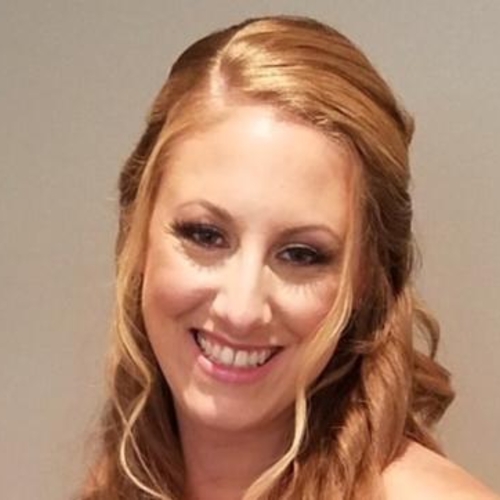
No matter what life events occurred, there was a sense of support for each other.
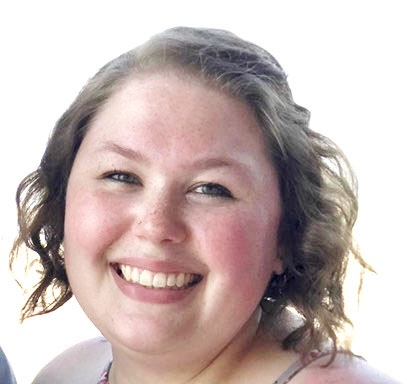
The program allowed me to keep working while taking classes and stay home with my daughter after she was born.
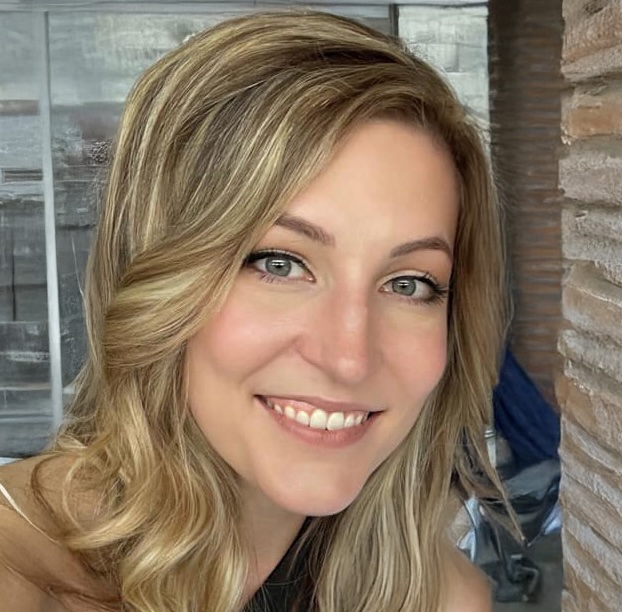
Everything I’ve learned in my classes helped prepare me for the position that I have now.

No matter what life events occurred, there was a sense of support for each other.

The program allowed me to keep working while taking classes and stay home with my daughter after she was born.

Everything I’ve learned in my classes helped prepare me for the position that I have now.
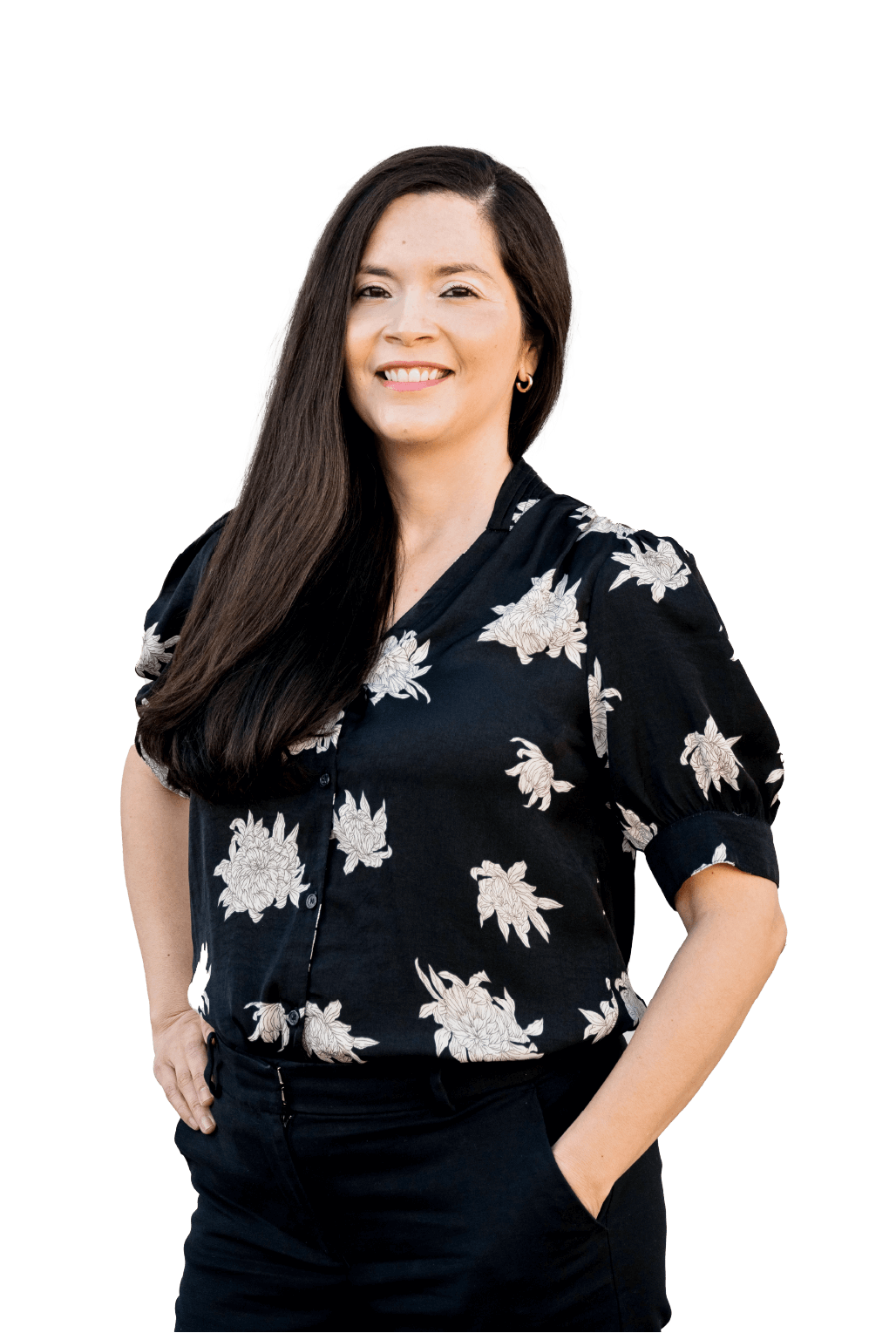
Patricia is committed to helping Keuka College students achieve their educational and career goals. She is available to answer any questions you may have about the B.S. in Social Work program and guide you through the admissions process.
Phone: (315) 505-2294
Email: ppalacios@keuka.edu

A 1999 graduate of Keuka College alumna and a member of the faculty since 2006, Prof. Mealey is dedicated to creating pathways to experiential learning and professional development for the next generation of social workers. “We come with our own unique qualities,” she says. “Embracing difference allows us to grow and learn, which in turn allows us to educate and assist others in understanding its importance.” Prof. Mealey holds an MSW from Nazareth College and was named the 2018–19 Keuka College Professor of the Year.
Email: jmealey@keuka.edu
Schedule an individual appointment with an advisor to find out more about the admissions process, program details, and anything else you’re curious about.
Social work is a helping profession that addresses the well-being of individuals, families, and communities through empathy, advocacy, and direct intervention in diverse settings. Social workers play a critical role in uplifting underserved populations across the Finger Lakes, New York State, and beyond.
BSW graduates can qualify for roles such as Substance Abuse Counselor or Community Service Manager, supporting individuals, families, and communities with vital direct care and advocacy. Our graduates work in diverse settings throughout Upstate New York and across the nation.
Keuka College offers small class sizes, personalized support, online convenience, and a CSWE-accredited program emphasizing real-world experience. Our 130-year legacy in the heart of the Finger Lakes and at the vanguard of the distance learning movement fosters highly skilled, ethical social workers.
Yes, many MSW programs offer advanced standing to BSW graduates, reducing time and cost. Keuka’s BSW fosters foundational skills, easing your transition to graduate-level studies.
Yes. You’ll complete a 416-hour practicum that integrates classroom knowledge and real-world practice. Many students fulfill these hours at their current workplace, enhancing professional growth.
Tuition is $556 per credit before aid, with 54 core credits within 120 total. Scholarships, grants, employer tuition remission, and military benefits may reduce costs.
Most students finish in about two years, taking one or two courses at a time. This schedule suits working adults balancing work and family commitments.
The BSW coursework is fully online, allowing you to study anywhere. The 416-hour practicum can typically be completed locally or at your current workplace, ensuring flexibility.
Yes. Keuka College welcomes transfer credits from accredited colleges, testing programs, or military experience. An enrollment counselor evaluates transcripts, helping you graduate while minimizing tuition.
Students receive guidance from faculty, a Student Support Specialist, online library resources, and tech support. You’ll benefit from a campus community committed to your success.
You’ll need a reliable computer and internet connection. Keuka’s digital support team offers assistance with software, hardware, and troubleshooting, ensuring you remain focused on coursework.
Submit an online application and official transcripts. We have rolling admissions, and an Online Student Support Specialist guides you through financial aid, transfer credits, and enrollment steps.
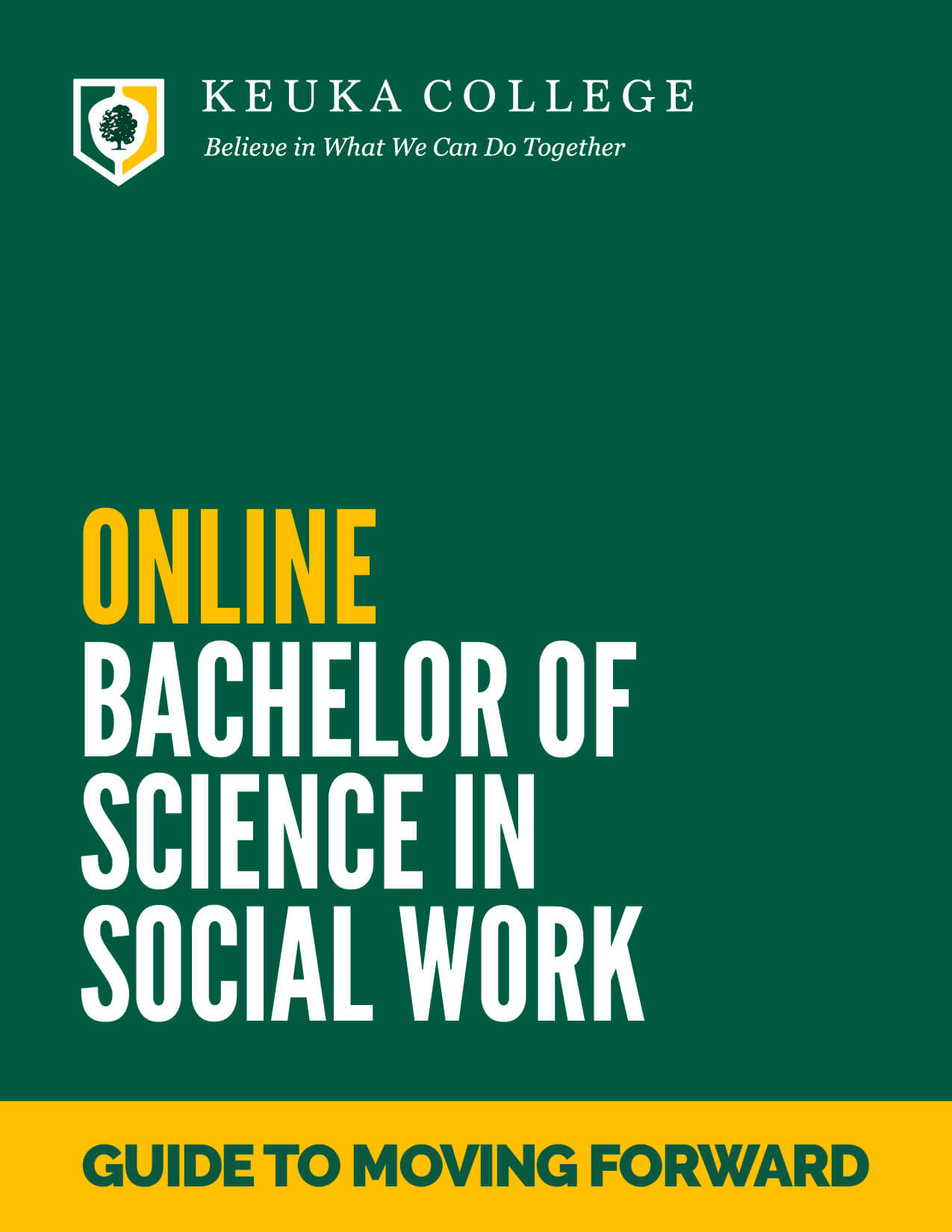
The BSW program’s flexible format enables busy professionals to take one to two courses at a time and finish in about two years, depending on how many credits you transfer in. Your Online Student Support Specialist will work with you to design an individualized schedule that fits your needs, goals, and interests.
A foundation course that provides an overview of the social work profession examined through the scope of historical development, related theories, Code of Ethics, and understanding of current practice. The standards of the profession will be introduced to students, and beginning understanding of self and others through issues of diversity, beginning practice skills, and role plays. This course allows a realistic view of social work through the use of guest lecturers from, and field trips to, a variety of social work settings and through an additional requirement for community work.
Students learn organizational counseling and behavior theories and models to address communication and relationships within organizational settings. The course emphasizes organizational assessment, counseling, change management, negotiation and conflict resolution, problem solving, and decision making; motivational theory, emotional intelligence, leadership development, executive coaching and mentoring; and team-building. Participants explore issues impacting on employee and organizational development and performance.
An introduction to the social work profession; values, ethics, theories, concepts and generalist practice methods. Foundational generalist practice skills for work with client systems of various sizes to include micro, mezzo, and macro levels of practice. Generalist social work practice encompasses assessment and intervention within all three levels of practice founded in the principles of systems theory. Students will engage in a variety of experiential learning activities such as: professional writing, social work documentation, human service program design and evaluation, counselor/client relationships, interviewing and assessing techniques, skills in communication and confidentiality.
Policy development process including: structure of the service delivery system; organizations and social inequities in service delivery and organizations, change strategies that promote social and economic justice; examination of history of social welfare in the United States; the ideology, values and policies that have influenced social programs and current programs, organizations, provisions, and issues; participation in an experiential activity is required.
This course will introduce students to the concepts and principles of social work research methodology. Topics include familiarization with research terminology, problem formulation, conceptualization and operationalizing research questions, measurement, methods of data collection, types of data collection, sampling, causal inference, and research designs. Emphasis will be placed on developing skill in evaluating one’s own practice, particularly through single-system design. The course will also develop the student’s ability to critically evaluate published research and to formulate and carry out research. Respect for the unique characteristics of diverse populations will be stressed as the course covers social work research in light of diversity, multicultural biases, and social and economic justice.
Substance abuse within family systems and society at large is a prevalent issue in social work practice. This course will provide an overview of the progression of substance abuse and how it has an impact on individuals, families, social institutions, and communities. Identification of substance abuse and dependency, basic counselor-client practice skills, and levels of social work intervention will be incorporated into the curriculum. The format will be interactive and experiential.
Formation, definition, and process of a group; group interactions using group exercises and observations, and beginning facilitator experience.
Content about human bio-psycho-social development through the life stages, including knowledge about social systems in which individuals live (families, groups, organizations, instructions, and communities). The application of systems to a social work perspective of human development; emphasis on life situations encountered by generalist social workers and the impact of factors such as oppression, discrimination, poverty, and sexism.
Enrollment restricted to social work majors. Focus on the professional use of self through client and systems work. Skill emphasis will be in nonverbal behavior, use of various clinical assessment tools, awareness of and sensitivity to cultural and self-awareness. Students will integrate quantitative and qualitative research to generalist social work practice and further develop skills of critical thinking.
This is a fundamental course for all social work students. It addresses the areas of diversity in which the Council for Social Work Education requires all social work students to have a working knowledge. These areas include, but are not limited to, issues of race, ethnicity, culture, class, gender, sexual orientation, religion, physical or mental ability, age, and national origin. It assists students in becoming aware of and sensitive to these issues, as well as building some beginning skill level with diverse populations. Important social work qualities, such as non-judgmental attitudes, acceptance, and a client-centered approach, will be explored. The required standard or the profession and student, the National Association of Social Work Code of Ethics, will be worked with to further the student’s ability to understand and use its structure. The class members apply their knowledge by exploring ethical dilemmas and their application with clients, themselves, and the practice of social work.
SWK-351 is the junior/senior level practice course for social work majors. Its focus is on macro-level practice. Topic areas include family systems through general systems theory. Understanding of macro-level government, funding, and human service agency structures is emphasized. Theories and practice of community organizations, needs assessments, and the social worker’s role in all of the above is discussed.
An examination of selected laws, programs, benefits, and services that form the basis of social welfare policy in the U.S., and social welfare policy analysis and its application. The structure of service delivery systems, organizations, and social inequities in service delivery; and organizational change strategies that promote social and economic justice. An introduction to program development.
Examination of the human condition from adolescence to old age (ages 12-82+). Students will learn to identify the critical issues at each developmental stage of life using biological, sociological, psychological, and spiritual assessment models. Generalist issues which affect the entire span of the life cycle will also be addressed. This course heavily emphasizes the shift for students from theory to practice through extensive use of experiential activities which include doing actual assessments, developing a program for a topic of diversity, team-based activities, etc.
Block placement in social service agencies, including generalist work at an approved setting for a minimum of 416 hours for the entire placement experience. The block placement for the traditional program on campus occurs for a minimum of 32 hours a week, whereas the block placement at the Adult and On-line Education (AOE) sites runs a minimum of 16 hours per week for 26 weeks. A research project/competency-based assignments are completed over the course of the seminar. The students evaluate their own practice through individual and group supervision with an emphasis on use of professional self, transference and counter transference. Students develop greater awareness of the professional use of self through parallel process. Prerequisite: Only those students who are candidates for the baccalaureate degree in social work may be admitted into the practicum and seminar.
FINANCIAL AID: External scholarships, state and federal grants, employer tuition remission, and military benefits are financial aid options that may be available to you. A meeting with your financial aid counselor is the best way to explore all the possibilities.
CREDIT TRANSFERS: You can earn your BSW faster and save money by transferring in prior eligible credits from another accredited college or university, college-level testing programs, select international sources, or the U.S. military.
Must be a transfer student
Cumulative GPA of at least 2.0 on a 4.0 scale